Executive protection is a critical role that ensures the safety and security of high-profile individuals such as corporate executives, politicians, celebrities, and dignitaries. But providing executive protection involves more than just safeguarding an individual; it also includes upholding their privacy, reputation, and image. Therefore, executive protection professionals must maintain ethical standards throughout their work.
Importance of Ethics in Executive Protection
Ethics are a set of moral principles which guide one’s behavior and decision-making. Ethics means upholding an individual’s rights, interests, and dignity in executive protection. Furthermore, ethical behavior also involves acting in the client’s best interest while abiding by laws, regulations, and industry standards; that is, executive protection professionals must balance safety needs with ethical obligations.
Specialized Training Programs
To guarantee executive protection professionals adhere to ethical standards, they must complete specialized training programs like those offered by Pacific West Academy. This training program equips professionals with the knowledge and skills to provide executive protection while upholding ethical principles. In particular, it emphasizes the significance of integrity, confidentiality, and professionalism within executive protection.
Upholding Integrity
Integrity is a cornerstone of ethical behavior. Executive protection professionals must demonstrate integrity by being truthful, reliable, and honest in their dealings with clients, colleagues, and stakeholders. Furthermore, they must uphold their professional standards by adhering to ethical principles and upholding industry best practices; this includes abstaining from unethical acts such as accepting bribes, engaging in illegal activities, or breaching confidentiality agreements.

Significance of Confidentiality
Confidentiality is another essential aspect of ethical behavior in executive protection. Executive protection professionals must respect the privacy and confidentiality of clients and their personal information, keeping any data they acquire confidentially and only sharing it on a need-to-know basis. Failure to uphold confidentiality could damage the client’s reputation, jeopardize their safety, or lead to legal liabilities.
Professionalism
Professionalism is a paramount trait that executive protection professionals must always uphold, whether in dress, communication, or conduct. They should demonstrate respect, kindness, and politeness when dealing with clients and stakeholders. Furthermore, executives must maintain competence by continuing to learn and enhance their skills through ongoing training and education.
In conclusion, executive protection ethics are paramount for safeguarding the safety and reputation of high-profile individuals. Those in this profession must uphold integrity, confidentiality, and professionalism. By upholding these ethical principles, executive protection professionals can guarantee client safety while upholding their integrity and professionalism. These values are reinforced through training programs like Pacific West Academy that equip professionals with the knowledge and skills needed to provide effective executive protection while abiding by ethical principles.

